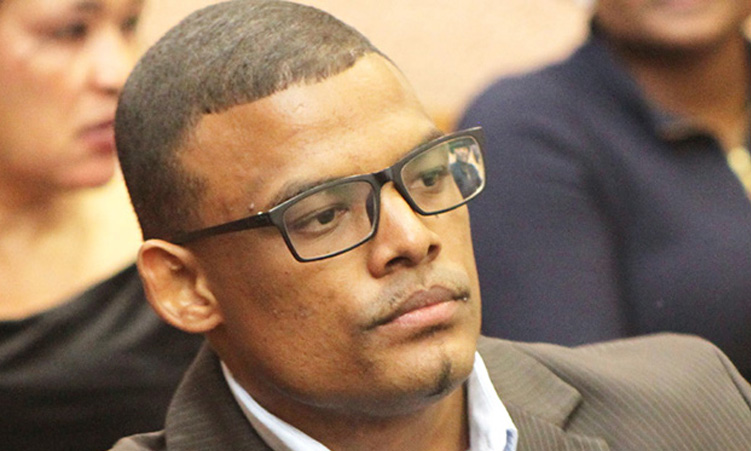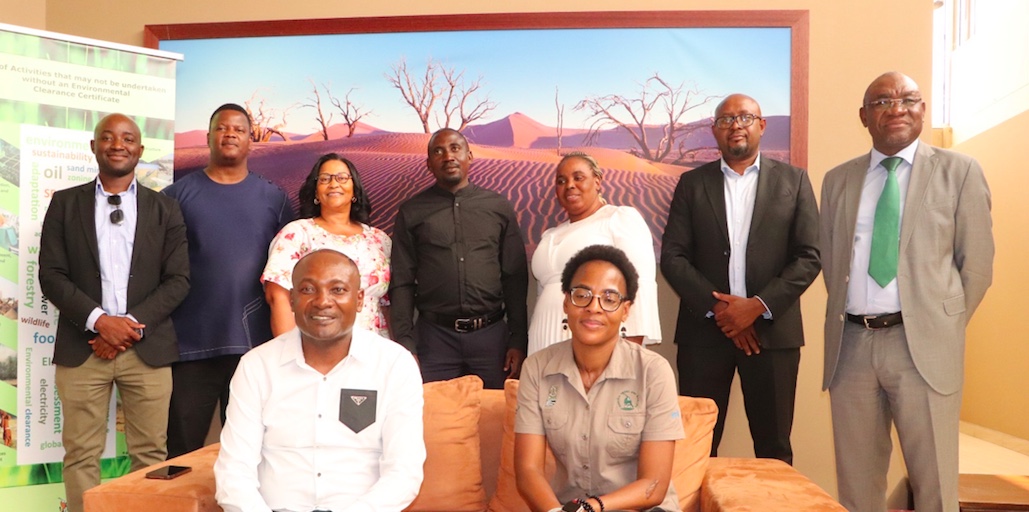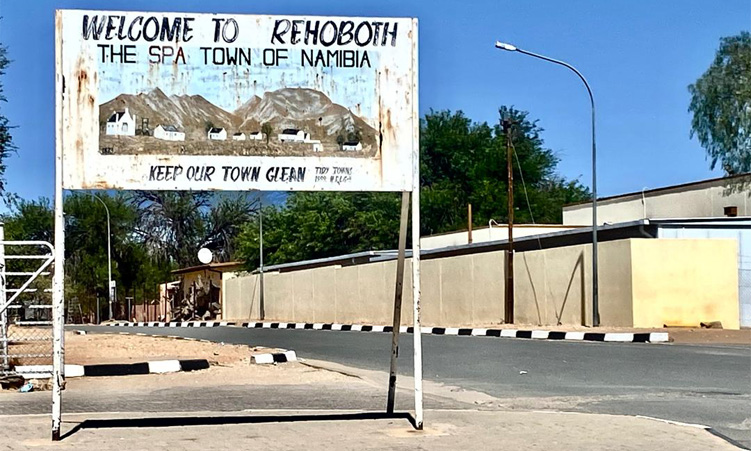A fromer magistrate being prosecuted on rape charges has failed with a constitutional challenge of a section of the Criminal Procedure Act aiming to protect vulnerable witnesses.
Ex-magistrate Jaco Kennedy’s application to have parts of the Criminal Procedure Act declared unconstitutional was dismissed by three judges in the Windhoek High Court on Friday.
The court found that the sections Kennedy complained about have a legitimate purpose that is in the interest of justice in general. The sections cater for the needs and rights of all the parties involved in a criminal trial, including an accused, the prosecution, witnesses, legal representatives and presiding officers, the court found.
The parts of the act that Kennedy wanted to be declared unconstitutional allow vulnerable witnesses to testify from a different room connected to a courtroom by closed-circuit television or a one-way mirror. This allows a vulnerable witness not to be forced to testify in the direct presence of an accused person.
The act’s definition of a vulnerable witness includes someone against whom an offence that was sexual or indecent in nature was committed.
Kennedy is being prosecuted in the Windhoek High Court on 10 charges, consisting of five counts of rape, two charges of kidnapping, a count of attempted murder and two charges of attempting to defeat or obstruct the course of justice.
In his constitutional challenge, he claimed he has a right to face his accusers and for them to also face him in open court when they testify.
The sections of the law that he wanted to be declared unconstitutional limit his right to receive a fair trial and are in conflict with the constitutional presumption of innocence, Kennedy claimed.
Prosecutor general Martha Imalwa opposed Kennedy’s application and alleged it was part of a calculated strategy by him to obstruct and delay his trial, judge Herman Oosthuizen noted in the court’s judgement.
The words used in the parts of the act that Kennedy complained about are clear and accessible, Oosthuizen said.
He added that the sections allowing vulnerable witnesses to testify from a different room, where they are not in the presence of an accused person, do not limit the right to a fair trial or undermine the presumption of innocence.
A witness testifying while not in the presence of an accused can still be observed and assessed by the court, the accused and other parties involved in a trial and the right to cross-examine the witness is also preserved, Oosthuizen said.
He also said a witness testifying in the presence of an accused can in any event choose not to look at the accused or his lawyer and cannot be compelled to look directly at them.
The law’s definition of a vulnerable witness as a person against whom an offence of a sexual or indecent nature was committed does not say that the accused person perpetrated that offence, Oosthuizen remarked as well.
Judges Nate Ndauendapo and Christie Liebenberg agreed with Oosthuizen’s judgement.
In his criminal trial, the state is alleging that Kennedy (37) and a co-accused, Raymond Cloete (38), kidnapped a woman in Windhoek on 3 January 2015 and raped her at a scene near Katutura Intermediate Hospital.
Kennedy alone is also charged with having kidnapped and raped a second woman in the city on 31 December 2015, after he and Cloete had been released on bail on charges in connection with the first incident.
Both accused denied guilt on all charges when their trial started before acting judge Kobus Miller in April 2021.
Kennedy has been held in custody since the end of January 2016, when he was arrested on a charge of rape for the second time in 13 months.
Stay informed with The Namibian – your source for credible journalism. Get in-depth reporting and opinions for
only N$85 a month. Invest in journalism, invest in democracy –
Subscribe Now!






